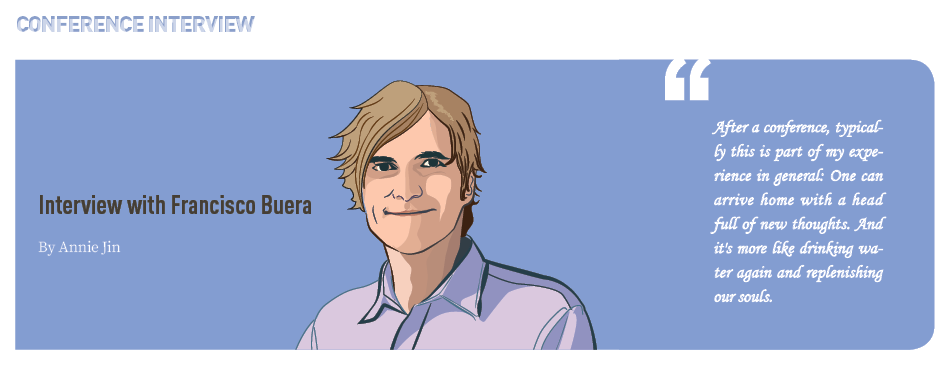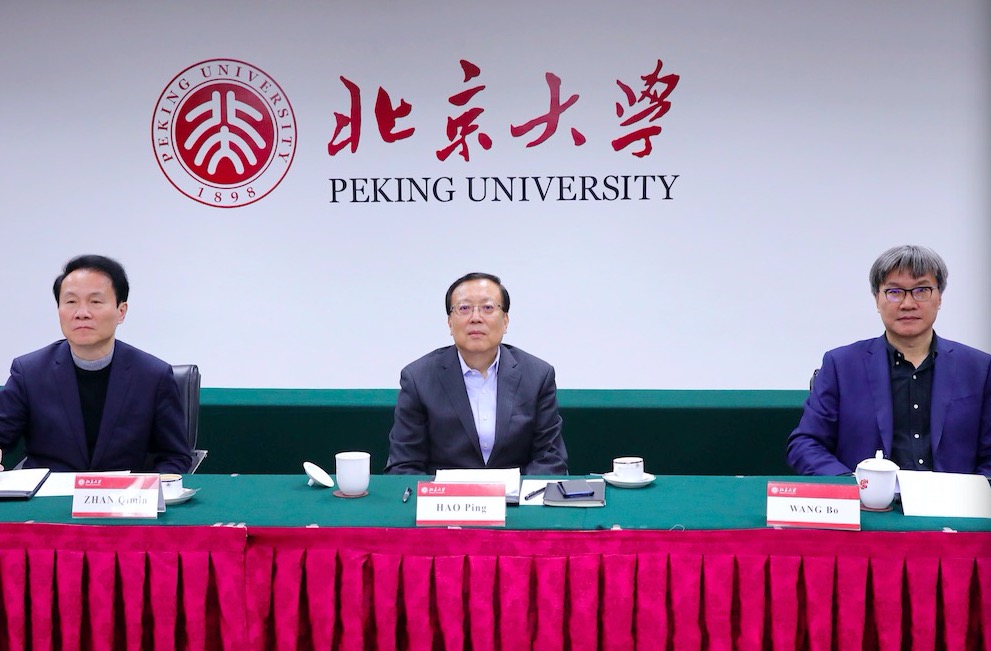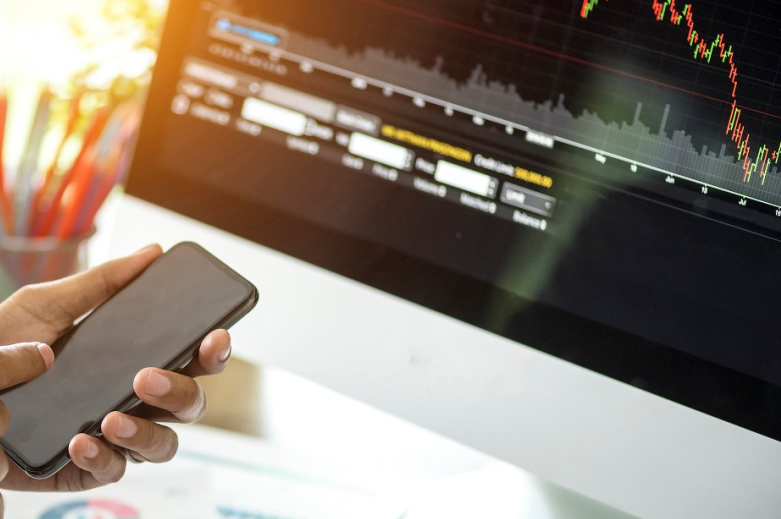As a leading macroeconomist, Francisco Buera’s best-known work lies at the intersection of finance, economic growth, and development economics. A professor at Washington University (St. Louis, Missouri, USA), Buera’s research spans many topics, including the role of financial markets in the process of development, the rise of the service economy, and the diffusion of technologies and economic policies across countries. Before joining the university, he served as a senior economist and research advisor at the Federal Reserve Bank of Chicago. In an interview after his keynote speech, Professor Buera shared his insights into free trade, trade frictions and modeling.
Q: One of your research articles pointed out that “free trade is about more than goods and services, it's about ideas too.” What's the cor-relation between diffusion of ideas, innovation and free trade, in a much more interconnected world?
Buera: The tradable sector of economy is a rather small fraction of the economy. But in this world, we also investigate the role of trade in exposing us to different technologies and practices. Economic historians have argued that a big part of trade and interconnection has to do with the fact that we get to learn things that happen at different places, which affects us in terms of allowing us to use the best practices.
China has been selling and buying goods from many other places and has been exposed to many different technologies, which changed the way Chinese firms produced and led firms to use new processes. This goes beyond copying technologies. The idea is that even the creation of new technologies uses insights that come from other technologies. Being exposed to more technologies, more ideas allows you to develop new original ideas and come up with new solutions to old problems. Trade is a mechanism through which we are constantly connected to other places.

Q: However, financial or trade frictions are inevitable in economic growth. What do you think about the recent friction between countries, for example, China and the US?
Buera: Some of these movements have some fundamental explanations in terms of consequences of trade and openness on inequality. It is true that when you’re open to trade, there will be winners and losers. Our economies like free trade because we understand that if you are able to compensate losers, there will be a net gain.
If you are able to use transfers to make everybody better off, then trade should be positive for the economy. But what often happen is that those transfers and compensation do not carry out. So in some sense, the backlash against globalization is not necessarily about the outcome of trade being bad. One interpretation of what's wrong is that we don't have political institutions or policy makers that respond to the challenges. The challenge in these cases is to be able to compensate the losers. What you need to do is not necessarily stop opening. You should make the political system more responsive to compensate the people who are losing and spread out the gains so that more than a majority of people are well off.
Q: You have employed computer models to conduct research. Could you share some tips on how to build models to evaluate abstract concepts like diffusion of ideas or technologies?
Buera: It is the tension between introducing too many details, being convoluted and very hard to understand, or having too few details and very stark assumptions, simplifying things too much and losing the important aspects of the phenomena you want to explore. And I think the part of the art is in how to make these balance in a successful way. So there's a lot of back and forth between modeling, data and empirical work. It is a constant conversation that takes place in each individual work, but also takes place in the community work of many people.
These are very good examples of diffusion of ideas and trade in the sense that a lot of our ideas come from conversations that we have with other researchers at conferences. For example, we attend a conference because we can learn from other people's presentations, and get the chance to interact and gain insights from other people. After a conference, typically this is part of my experience in general: One can arrive home with a head full of new thoughts. And it's more like drinking water again and replenishing our souls.
By Annie Jin
Edited by Priscilla Young
Published on PHBS Magazine Spring 2020 (Read More)















